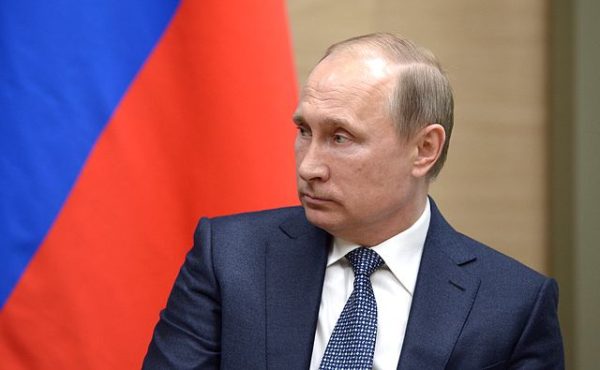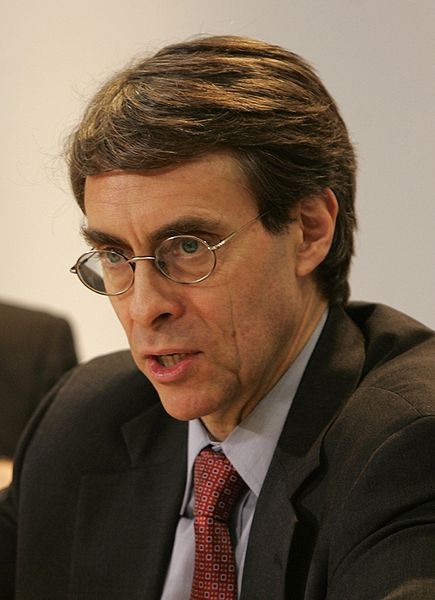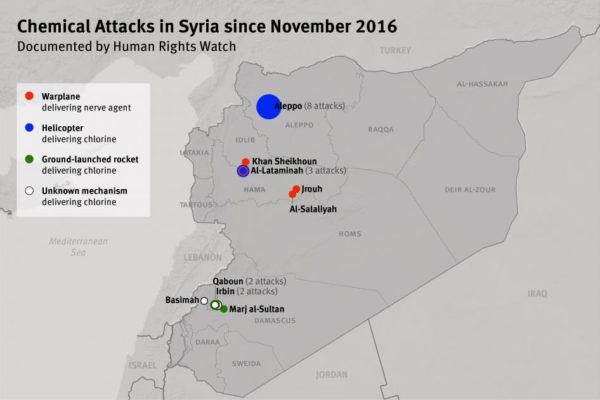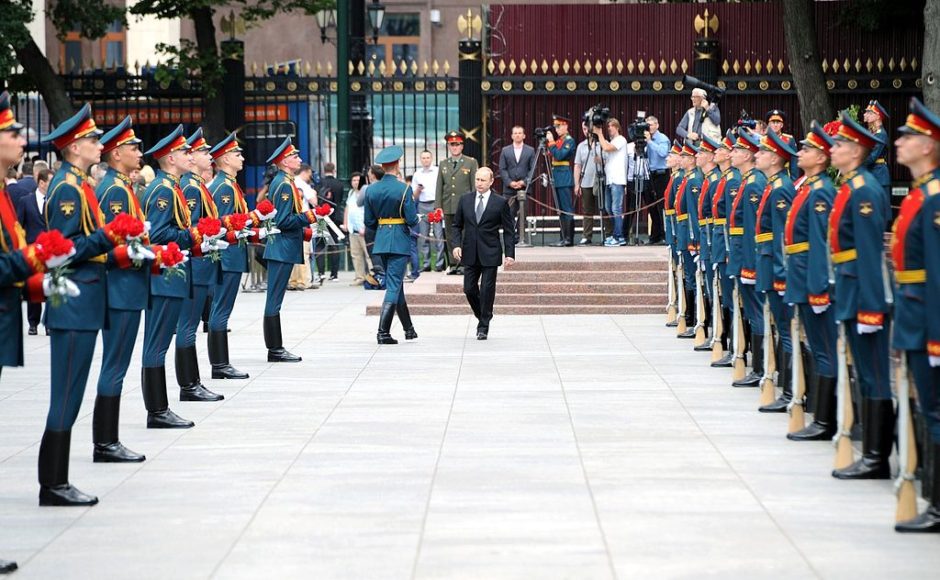Denying the undeniable, Russian President Vladimir Putin claimed on May 30 that the Syrian regime of President Bashar al-Assad had nothing whatsoever to do with the recent spate of deadly chemical weapon attacks in Syria. “According to our information, there is no proof that chemical weapons were used by Assad,” Putin told the French newspaper Le Figaro. “We are convinced he didn’t do it.”

Putin’s claim, which falls into the category of fake news, flies in the face of compelling evidence to the contrary presented by, among others, Turkey and France. But his attempt to defend Assad is hardly surprising. Russia, Syria’s closest ally, has vetoed six United Nations Security Council resolutions critical of Syria’s conduct in the current civil war. Russia, too, has used its influence to block investigations of Syrian war crimes in the International Criminal Court.
Russia’s effort to protect Assad is nothing less than a cynical exercise in spin and should be treated as such. Moscow, having committed its army and air force to propping up Assad’s police state, is determined to present him in the best possible light.
But as a Human Rights Watch report strongly suggests, Assad’s regime is thoroughly guilty of war crimes, having resorted to the widespread, systematic use of chemical weapons.

“The government’s recent use of nerve agents is a deadly escalation — and part of a clear pattern,” Kenneth Roth, executive director of Human Rights Watch, said in an authoritative report, released last month at the United Nations in New York City. “In the last six months, the government has used warplanes, helicopters and ground forces to deliver chlorine and sarin …”
Ridiculing as “preposterous” Syria’s denials of its involvement in these atrocities, Roth urged the Syrians “to stop these transparently false diversionary claims and come clean.” Syria, however, remains adamantly recalcitrant, refusing to acknowledge its responsibility for any of the chemical weapons attacks cited by Human Rights Watch.
Syria’s most notorious chemical attack, which targeted the town of Khan Sheikhoun on April 4 and claimed the lives of 92 civilians, prompted U.S. President Donald Trump to order a Tomahawk cruise missile barrage on the Syrian air force base from which it was launched. Syria’s inhumane onslaught left survivors with classic symptoms. Victims foamed at the mouth, shook uncontrollably and were immobilized by paralysis.
As Human Rights Watch pointed out, the Khan Sheikhoun attack was not the first one of its kind. Nerve gas attacks were carried out by the regime last December in two villages near Hama, Jrouh and Al-Salalyah. And in March, similar attacks took place in the town of Al-Lataminah.

Syria’s arsenal of chemical weapons was supposedly destroyed by the United Nations after it was caught using them in the summer of 2013 in a Damascus suburb. But lamentably enough, Syria managed to conceal part of its stockpile, presumably in collusion with Russia. Syria thus contravened the Chemical Weapons Convention, which prohibits the development, production, stockpiling and use of such weapons, and requires their destruction.
Russia, Syria’s indispensable ally, is morally obligated to pressure the Syrian government to immediately end its use of chemical weapons, as Human Rights Watch demands. And Russia should cease cooperation with Syrian individuals and military units suspected of participating in chemical attacks or other war crimes.
It’s also important that Russia stop using its veto power at the UN Security Council to block accountability for serious crimes in Syria. Better still, as Human Rights Watch advocates, Russia should support nations that want to refer Syria to the International Criminal Court.
Russia’s untenable position with respect to Syria stains its status as a superpower.
